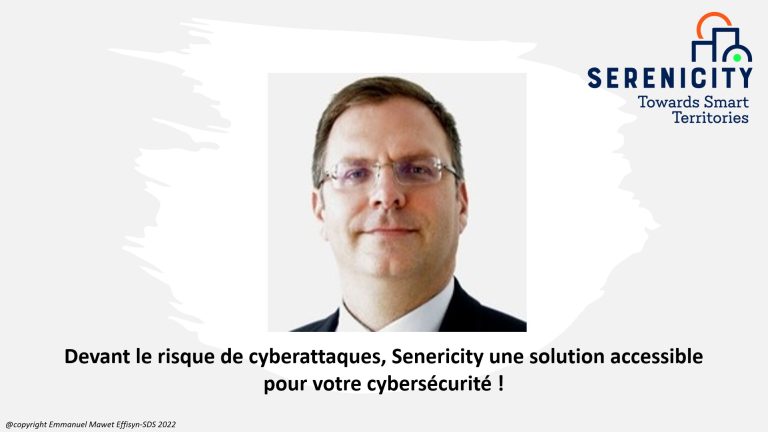The digital identity project is starting to emerge in Europe. What is it about? It is about offering to the whole European population the possibility to have a digital identity “document”, strongly secured, which allows to identify any individual easily in any country of the EU and to facilitate thus many administrative steps (Commission Européenne).
In the definition of the major groups of functionalities, this European digital identity portfolio should:
- Be accessible to any person (citizen, resident or company)
- Offer multiple uses (identification with services, proof of certain attributes, etc.)
- Allow users to have control over their data
This is an ambitious project! The European Commission is therefore asking member states to work on a common toolbox (technical architecture, standards, guidelines, etc.) from September 2022.
An ambitious and appealing project
This project presents a certain interest and goes in the direction of a simplification of the administrative steps of various kinds for the users by guaranteeing them an important level of security.
Indeed, such a digital identity portfolio, allows for example:
- To have a valid identity certified by the public authority
- To centralize information such as certified diplomas
- To certify to third parties without exchange of documents his identity, and the attributes attached such as diplomas, but also his affiliation to social security, a mutual insurance or any other insurance
We can see the advantages of such a tool, all the key administrative elements are centralized and protected, and when a third party needs to ensure the validity of the identity and its attributes, it is the hosting authority that will certify the action without having to present any copy of the reference document.
The simplification of administrative acts can be illustrated by multiple examples: Let’s mention the pharmacy, where there will be no more need for a “carte vitale”, nor for a health insurance card, by your identification, you will receive your reimbursements without having to present multiple receipts. The same goes for many procedures such as files for renting an apartment, the necessary documents for a loan application.
The fight against fraud and identity fraud is the other positive aspect that should not be neglected, even if I remain cautious on this point, as the imagination of criminals is fertile and quick to seize the possible loopholes of the system in place.
But a project to watch …
If it is on paper a beautiful innovation, it nevertheless raises a certain number of questions which oblige us to the greatest prudence as long as the choices of technical architecture, type of hosting, standards are not made etc…
The important questions are :
- Technologies used, American, European or open source?
- Accommodation, sovereign or not ?
- Companies involved under US law or not?
These are the key questions that Europe must answer, and you know my position on the answers to be given. It would be foolish to rely on American or Chinese technologies. Indeed, the war in Ukraine is a cruel reminder of the geopolitical reality and the stakes of power. Do we accept to be at the mercy of a foreign country’s decisions which could, for example, cut off access to its technologies if we do not wish to move in the same direction as them?
Shouldn’t we protect the data of European citizens from the extraterritorial application of laws of foreign powers such as the United States (Cloud Act, Patriot Act, etc…) or the Chinese? From my point of view, the answer is obvious, but we have to hammer it home: we must imperatively protect this data! We must therefore resort to secure sovereign hosting with French or European software solutions implemented and maintained by French companies whose American or Chinese subsidiaries are separate entities with watertight information systems between the different countries.
Digital technology is a subject that must be taken up by citizens!
It is important that all citizens seize the subject of digital. Entire areas of our personal and professional lives are being digitized, and we do not always see the medium- or long-term consequences, blinded by the immediate gains obtained, which often invite us to be lazy, including intellectually. We underestimate the direct impacts on our lives, the risks of uberization of our professions, the security aspects that are too often hidden, the political risks. The autocratic temptation to control the thinking of the masses becomes easier and easier when we give our data without thinking. These data, which are real mines of information about us, can be exploited to direct our choices, to shape our desires, aspects that are not very compatible with a true democracy. For all these reasons, we must be cautiously enthusiastic about this digital identity portfolio project.







